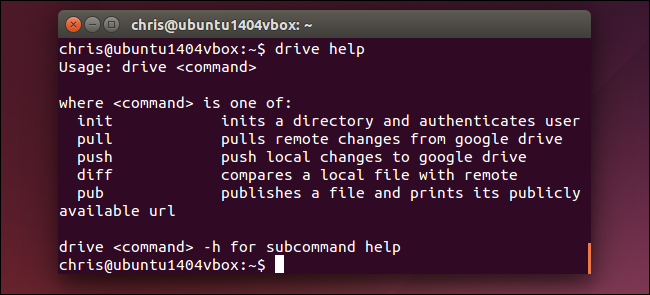In a feat pushing the boundaries of what's possible, a resourceful developer has successfully booted a Linux distribution straight from Google Drive. This unconventional approach bypasses traditional storage methods, showcasing the potential for cloud-based computing environments.
The project, undertaken by a high school student, leverages the capabilities of FUSE, a user-space filesystem. FUSE allows non-privileged users to create custom file systems without modifying the core kernel code. By integrating FUSE programs within the Linux kernel's initial RAM filesystem (initramfs), the developer established a foundation for running the operating system from the cloud storage.
While booting an entire OS directly from Google Drive might seem like a niche pursuit, it highlights the growing importance of cloud-based solutions. With internet connectivity becoming increasingly ubiquitous, the ability to access and run applications from remote servers offers a glimpse into a future where local storage becomes less critical.
The chosen platform for this experiment was Arch Linux, a popular distribution known for its user-centric approach and focus on customization. The developer meticulously crafted a custom Arch Linux build, enabling essential functionalities like networking within the initramfs using the Dracut framework. Finally, an existing project designed to utilize FUSE for interaction with Google Drive was incorporated, allowing the system to access and utilize the cloud storage as its primary file system.
This achievement, though ingenious, comes with its limitations. Running a full-fledged Linux environment directly from Google Drive wouldn't be ideal for everyday use. Latency issues and potential bandwidth limitations inherent in cloud storage could significantly impact performance. Additionally, security considerations would need to be addressed for practical applications.
However, the project serves as a valuable proof of concept. It demonstrates the potential for innovative approaches to file system management and cloud integration. As cloud technology continues to evolve, similar concepts could pave the way for more streamlined and versatile cloud-based computing experiences. The ability to boot and run applications directly from the cloud could have significant implications for various fields, from streamlining remote work processes to fostering new avenues for data management and processing.
The developer's accomplishment serves as a testament to the power of open-source software and the ingenuity of the Linux community. By pushing the boundaries of what's possible, such projects contribute to the ongoing development and refinement of cloud-based solutions, shaping the future of how we interact with and utilize our data.
